- Supplements
- Fat Burners
- Pre Workout Booster
- Testo Booster
- Ephedrine HCL
- ECA stack
- Yohimbine
- Prohormones
- SARMs
- Power
- Muscle
- Accessories
- Fat loss
- Diet
- Health
- Endurance
-
Cart
-
50€+ Order = Free Shipping
*AT & DE
Manufacturers
BESTSELLER
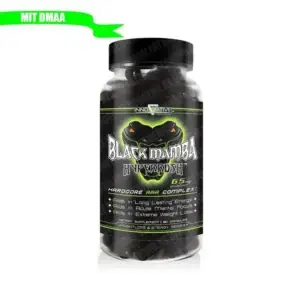
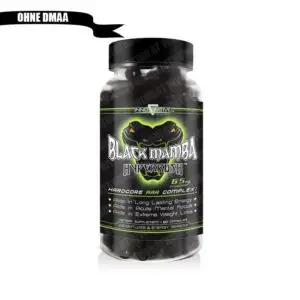





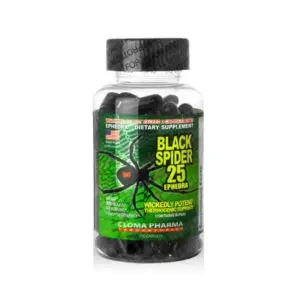
About
FATBURNERKING


Choline is very important for our body, but how can it help us in general? Choline is particularly popular for reducing stress, improving cognitive performance and increasing alertness. Find out more about it here!

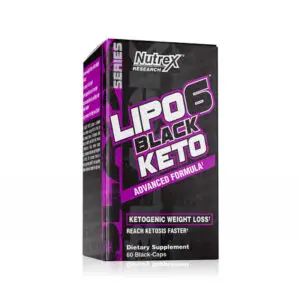






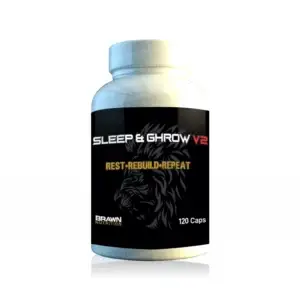
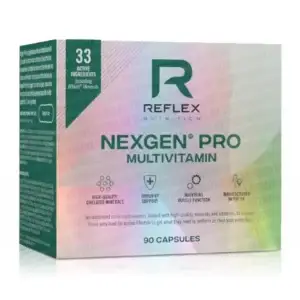
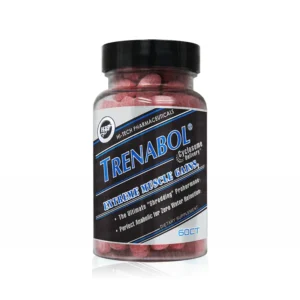
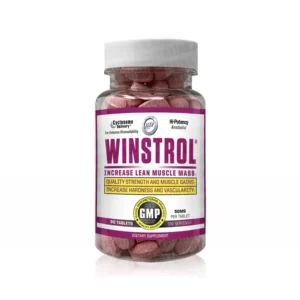
Choline is a water-soluble, semi-essential nutrient that cannot be produced in sufficient quantities by the body, particularly in certain phases of life. Originally known as vitamin B4, the chemist Adolph Strecker discovered choline in pig bile in 1849.
This nutrient plays a crucial role in fat metabolism and in the formation of cell membranes. Choline is also essential for the production of the important neurotransmitter acetylcholine, which is involved in many cognitive functions.
The European Food Safety Authority (EFSA) recommends a daily choline intake of 400 milligrams for adults. This is necessary as the body's own synthesis is often not sufficient to cover the requirement.
Choline is an essential and semi-essential nutrient that fulfills various important functions in the human body. Although the body can synthesize choline itself in certain quantities, this is often not enough to cover the entire requirement. It must therefore be supplied through the diet. Choline is particularly important for the structure and function of cell membranes and the synthesis of the neurotransmitter acetylcholine. This neurotransmitter plays a decisive role in memory formation and the control of muscle movements. In addition, choline supports fat metabolism and heart health by contributing to normal homocysteine metabolism.
Choline plays a central role in the body's metabolic balance. It is not only crucial for maintaining normal liver function, but also for fat metabolism. As a starting material for betaine, choline supports the breakdown of homocysteine, an important component of the homocysteine metabolism. It therefore contributes to the promotion of cardiovascular health.
Furthermore, choline is central to lipid and cholesterol transport and metabolism, which in turn maintains the integrity and functionality of cell membranes. As the human body does not produce enough choline itself, dietary intake can make all the difference in meeting metabolic requirements.
Choline plays a remarkable role in supporting and maintaining liver health. It promotes the production of very-low-density lipoproteins (VLDL), which efficiently transport cholesterol and fats from the liver into the bloodstream. These processes prevent the accumulation of fat in the liver, as choline regulates fat metabolism and promotes the breakdown of fats.
Choline also supports the liver's detoxification capacity. It helps to break down harmful substances more effectively and remove them from the body. As the main component of phosphatidylcholine, it contributes to the stability of cell membranes and thus supports the function of liver cells. Choline also plays a decisive role in the formation of lipoproteins, which are responsible for fat transport in the body, which also supports general liver health.
Choline is essential for the biosynthesis of the neurotransmitter acetylcholine, which plays a key role in brain function and the nervous system. Acetylcholine is formed by transferring an acetyl residue to choline using the enzyme choline acetyltransferase.
Through its role as a structural building block, choline forms the neurotransmitter acetylcholine in its acetic acid ester form. Choline is therefore essential for smooth communication between nerve cells. These communication processes are the essential backbone of neuronal activities that contribute to mental functions and cognitive processes. By acting as a precursor to acetylcholine, choline supports mental performance and promotes healthy brain function.
Choline is an essential nutrient that plays an important role in the human body. Although the body is able to produce small amounts of choline itself, dietary intake is essential to meet daily requirements. Animal foods such as meat, poultry, fish, dairy products and especially eggs are rich sources of choline. Plant foods such as soybeans, broccoli and nuts also contain choline, but in smaller quantities. A balanced diet that includes both plant and animal sources is essential to ensure an adequate supply of choline. For certain stages of life, such as during pregnancy and breastfeeding, a higher choline intake is recommended to cover the increasing need. The average daily intake of choline varies, but is often given as between 150 and 600 mg, depending on individual needs and life circumstances.
The human body can synthesize choline itself in the liver by converting phosphatidylethanolamine to phosphatidylcholine using specific enzymes. However, this natural production is usually not sufficient to cover the entire requirement, especially during phases of increased demand such as growth, pregnancy or breastfeeding. During these periods, the amount of choline produced by the body is often insufficient to meet the body's requirements. Choline is required for the synthesis of phospholipids, which are essential components of cell membranes. Vegans and vegetarians who consume less choline-rich animal foods run the risk of not getting enough choline, so supplementation may be considered in such cases.
Choline-rich foods are essential for a balanced diet. Eggs are one of the most choline-rich options, with around 200-250 mg of choline per 100 g. In addition to eggs, animal foods such as meat, poultry, fish and dairy products also provide high amounts of choline. Plant sources such as broccoli, cabbage, nuts, seeds and whole grains also provide choline, but in smaller amounts. Vegans and vegetarians can meet their choline needs by eating choline-rich plant foods, but may need to be careful to consume sufficient amounts. A balanced diet with a variety of choline-rich foods helps to meet the need for this important nutrient and support cognitive and physical performance.
Examples of foods with choline:
Dietary supplements are a practical way of meeting choline requirements, especially for people who have difficulty absorbing sufficient amounts through food. Choline bitartrate is a widely used and well-tolerated form of choline, suitable for vegans and vegetarians. Alpha-GPC, another form of choline, is characterized by high bioavailability and is often used for its cognitive benefits. Citicoline, also known as CDP-choline, is used in some supplements and is one of the bioactive forms. Another form, phosphatidylcholine, also known as lecithin, is found in both supplements and foods and supports cell membrane structure. Choline dihydrogen citrate also provides a relevant proportion of choline and is contained in various food supplements. Each of these forms has different benefits and can be selected based on individual needs.
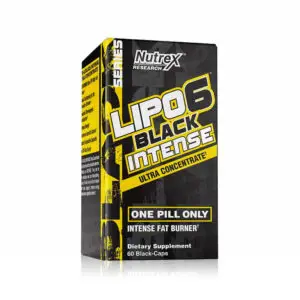
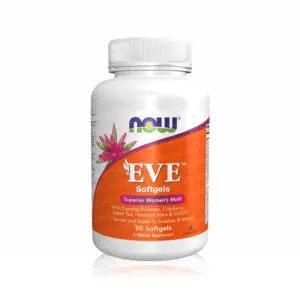



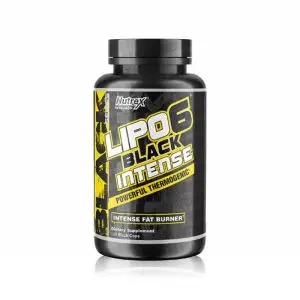


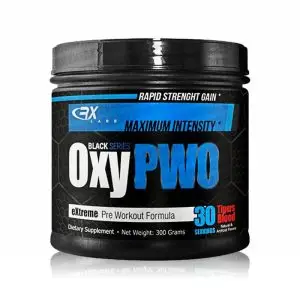



In special phases of life such as pregnancy and breastfeeding, the need for choline is increased. During these periods, choline is also lost through breast milk. Therefore, a daily choline intake of 480 mg is recommended for pregnant women and 520 mg for breastfeeding women.
However, it can be challenging to meet the increased requirement through plant and animal foods alone. In such cases, dietary supplements such as choline bitartrate offer an additional option to support choline intake.
A nutritional strategy aimed at healthy living should always be the priority, although occasional supplements may be considered to meet specific needs at these important stages of life.
Choline is an essential nutrient that plays an important role in many physiological processes, especially in cognitive performance enhancement. A choline deficiency can have significant health consequences. Choline deficiency can increase the risk of cognitive impairments such as memory loss, difficulty concentrating and reduced memory.
In addition, a choline deficiency can potentially increase the risk of cardiovascular disease due to its role in regulating homocysteine levels. Vegans are particularly at risk, as choline is only found in small amounts in plant-based foods. It is noticeable that the majority of the mixed-food population often does not reach the recommended reference values for choline intake.
The liver is one of the most important organs of the body, which depends on optimal function to ensure health and well-being. Choline supports the liver in detoxification by activating enzymatic systems that break down toxic metabolites and environmental substances. This is crucial for the proper functioning of the liver.
An essential component of choline, phosphatidylcholine, plays a crucial role in the formation of very low-density lipoproteins (VLDL). These lipoproteins are necessary to transport fats from the liver to other tissues in the body. Without sufficient choline, there is a risk of fats accumulating in the liver, which can lead to so-called non-alcoholic fatty liver disease.
Daily choline intake is essential for the maintenance of numerous bodily functions. According to the European Food Safety Authority (EFSA), a daily intake of 400 mg choline is recommended for adults.
The actual average intake for most people is between 150 and 600 mg per day, which underlines the importance of a conscious diet. Supplementation with choline may be particularly necessary for vegetarian or vegan diets, as many plant-based foods contain lower amounts of choline compared to animal sources. This can ensure that the body receives enough of this essential nutrient for the production of important messenger substances and to support cell membranes.

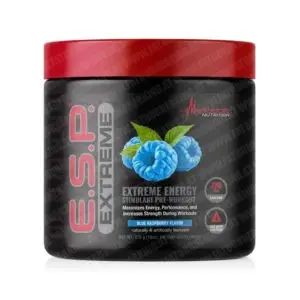
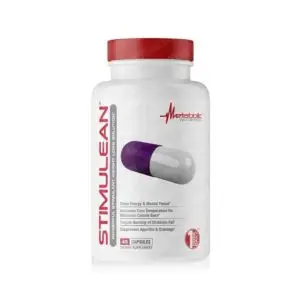
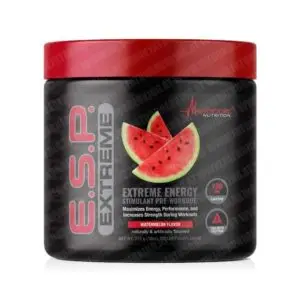
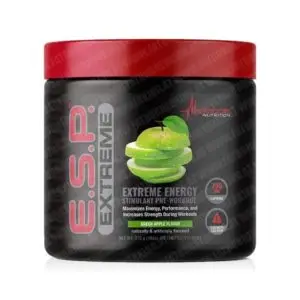





Choline is an essential nutrient that plays a crucial role in brain, liver and heart health. It is a fundamental building block for the biosynthesis of acetylcholine, a well-known neurotransmitter that enables the transmission of signals from nerves to muscles.
Choline can also promote general alertness and attention as well as well-being and cognitive performance in the long term!
Furthermore, choline contributes to the synthesis of phospholipids, the main components of cell membranes, and thus ensures the structure and integrity of cells. A sufficient intake of choline can improve liver function and help with detoxification by supporting the formation of phosphatidylcholine.
Choline is also particularly important in regulating homocysteine levels in the blood. An elevated homocysteine level is suspected of increasing the risk of cardiovascular disease, which is why choline plays a crucial role in heart health.
© copyright 2018-2025 Fatburnerking.at
| Cookie | Duration | Description |
|---|---|---|
| cookielawinfo-checkbox-advertisement | 1 year | This cookie is set by the GDPR Cookie Consent Plugin and is used to record the user's consent for the cookies in the "Advertising" category. |
| cookielawinfo-checkbox-analytics | 11 months | This cookie is set by GDPR Cookie. The cookie is used to store user consent for cookies in the "Analytics" category. |
| cookielawinfo-checkbox-functional | 11 months | The cookie is set based on the consent of the GDPR cookies to record the user's consent for cookies in the "Functional" category. |
| cookielawinfo-checkbox-necessary | 11 months | This cookie is set by GDPR Cookie. Cookies are used to store the user's consent to the storage of cookies in the "Necessary" category. |
| cookielawinfo-checkbox-others | 11 months | This cookie is set by GDPR Cookie. The cookie is used to store the user's consent for cookies in the "Other" category. |
| cookielawinfo-checkbox-performance | 11 months | This cookie is set by GDPR Cookie. The cookie is used to store user consent for cookies in the "Performance" category. |
| CookieLawInfoConsent | 1 year | Records the default button status of the corresponding category and the status of CCPA. It only works in coordination with the primary cookie. |
| elementor | never | This cookie is used by the website's WordPress theme. It allows the website owner to implement or change the content of the website in real time. |
| viewed_cookie_policy | 11 months | The cookie is set by the GDPR cookie and is used to store whether the user has consented to the use of cookies or not. It does not store any personal data. |
| Cookie | Duration | Description |
|---|---|---|
| ssupp.vid | 6 months | Cookie set by Smartsupp to record the visitor ID. |
| ssupp.visits | 6 months | Cookie set by Smartsupp to record the number of previous visits, necessary to track automatic messages. |
| Cookie | Duration | Description |
|---|---|---|
| _ga | 2 years | The _ga cookie installed by Google Analytics calculates visitor, session and campaign data and also tracks website usage for the website analytics report. The cookie stores information anonymously and assigns a randomly generated number to identify unique visitors. |
| _gat_gtag_UA_179465762_1 | 1 minute | Set by Google to distinguish users. |
| _gid | 1 day | The _gid cookie installed by Google Analytics stores information about how visitors use a website and at the same time creates an analytics report about the website's performance. Some of the data collected includes the number of visitors, their source and the pages they visit anonymously. |
| tk_ai | 5 years | JetPack sets this cookie to store a randomly generated anonymous ID that is only used in the administration area and for general analytics tracking. |
| tk_lr | 1 year | The tk_lr is a referral cookie set by the JetPack plug-in on websites using WooCommerce that analyses referral behaviour for Jetpack. |
| tk_or | 5 years | The tk_or is a referral cookie set by the JetPack plug-in on websites using WooCommerce that analyses referral behaviour for Jetpack. |
| tk_qs | 30 minutes | JetPack sets this cookie to store a randomly generated anonymous ID that is only used in the administration area and for general analytics tracking. |
| tk_r3d | 3 days | JetPack installs this cookie to collect internal metrics for user activity to improve the user experience. |
| tk_tc | Session | JetPack sets this cookie to record details of how users use the website. |
| Cookie | Duration | Description |
|---|---|---|
| _fbp | 3 months | This cookie is set by Facebook to display ads after visiting the website, either on Facebook or on a digital platform powered by Facebook Ads. |
| fr | 3 months | Facebook sets this cookie to display relevant ads to users by tracking user behaviour on the web, on websites with Facebook Pixel or Facebook Social Plug-in. |
| Cookie | Duration | Description |
|---|---|---|
| cookies.js | Session | No description available. |
| weglot_wp_rocket_cache | Session | No description |